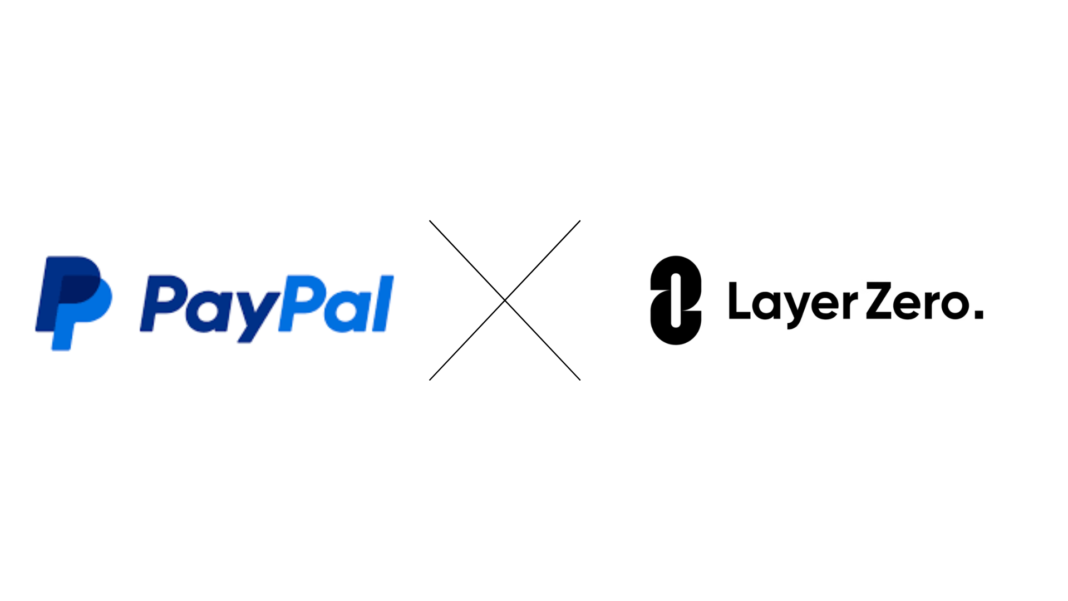One of the most powerful and trusted interoperability protocols, LayerZero, earlier today, on 13th November, announced a groundbreaking development to ease the transfer of PayPal USD (PYUSD) stablecoin between Ethereum and Solana by integrating LayerZero’s Omnichain Fungible Token (OFT) Standard.
By removing liquidity fragmentation, this step advances into an efficient environment that enables seamless yet rapid security and low-cost transactions for both users and businesses.
Why is this Integration Useful for Users?
LayerZero has its omnichannel protocol to achieve development unification over 90 blockchains so that developers build on applications available on multi-chain. LayerZero empowers cross-chain interaction which opens up asset transfer and DeFi markets from stablecoin to every possible chain through its protocol.
The integration means that now, PYUSD users can seamlessly move their stablecoins between the two chains without the need for centralized intermediaries such as PayPal or Venmo.
That allows more room and flexibility for users who wish to self-custody their tokens.
LayerZero Labs CEO Bryan Pellegrino announced the integration, saying: “The OFT standard offers a new layer of interoperability for stablecoins. This is why users should be able to move PYUSD between Ethereum and Solana using LayerZero — to keep it available in a chain where the user needs or wants to use it.”
This integration places a significant focus on security as well. Every transfer of PYUSD is backed by a distributed network of verifiers, including partners with substantial reputations in the market, such as Paxos and Google Cloud, LayerZero Labs. This security stack provides robust, enterprise-grade protection for transactions — big and small.
Jose Fernandez da Ponte, Senior Vice President of Blockchain, Cryptocurrency and Digital Currencies at PayPal commented: “We believe that PYUSD holders are going to enjoy the flexibility and convenience that LayerZero provides.”
PayPal Plans in the Blockchain Space
PayPal Utilizes the LayerZero OFT Standard as part of a larger initiative to enter blockchain. PYUSD will now be able to run natively on both Ethereum and Solana, giving users the option to use what they prefer. This type of interoperability is likely to improve digital commerce, making payments easier and quicker, as well as laying the groundwork for a better blockchain future.
This move also follows the recent integration of LayerZero by defi.money, a stablecoin protocol, to bring omnichain liquidity to its network. The integration saw defi.money’s stablecoin, MONEY, adopting the OFT standard, further highlighting the growing importance of omnichain solutions in the digital asset space.
PayPal’s PYUSD is issued by Paxos Trust Company, a regulated financial institution licensed to conduct Virtual Currency Business Activity by the New York State Department of Financial Services.
The recent expansion of PayPal’s cryptocurrency services has also allowed U.S.-based business customers to buy, hold, and sell cryptocurrency directly from their PayPal business accounts, further expanding its role in the evolving digital economy.


